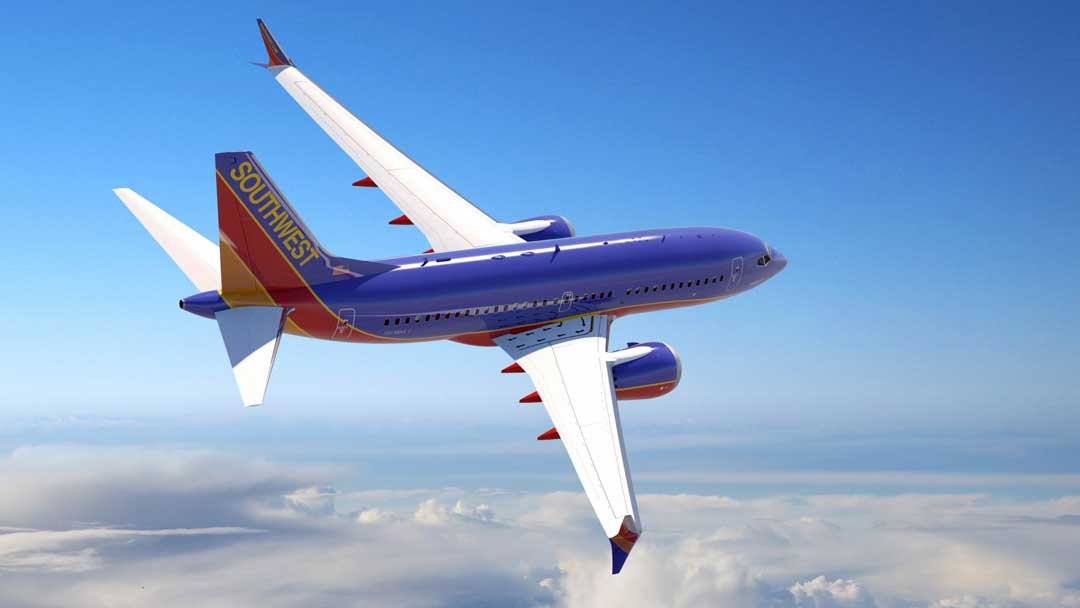Southwest Airlines has entered a sale and leaseback transaction for 36 737-800 aircraft with Babcock & Brown Aircraft Management (BBAM), the airline said on January 7, 2025.
The aircraft will be owned and leased to the airline by Incline Aviation III, the third in BBAM's flagship aviation investment fund series.
The transaction is part of Southwest's “transformational plan” introduced in September 2024 during its investor day, said Southwest Airlines executive vice president and CFO Tammy Romo.
“By opportunistically monetising surplus value from a portion of our existing all-Boeing 737 fleet, Southwest is generating significant cash to drive fleet modernisation and offset capital expenditures in support of our capital allocation strategy,” continued Romo.
The company completed the sale and leaseback of 35 aircraft in late December 2024. Southwest received gross proceeds of $871 million and expects to record realised gains of $92 million in the fourth quarter for the 35 aircraft.
The gains will result in the reduction of the company's cost per available seat mile for the fourth quarter and full year 2024.
A sale leaseback for the final aircraft is expected to be completed in January 2025.
Lease terms for the aircraft will range from 26 to 37 months. Aircraft ownership will increase by approximately $2.6 million per aircraft annually as aircraft rental expense will exceed previous depreciation expense levels, the company stated in an SEC filing.
The proceeds from its fleet strategy initiative, as well as excess cash from the balance sheet, are expected to be used to support the company's capital allocation strategy, which includes funding future fleet modernisation as well as providing shareholder returns.
Southwest had unveiled its recovery plan on September 26, 2024, with the company aiming to have an average fleet age of five years by 2031. Its fleet strategy is expected to reduce average aircraft capital expenditures to around $500 million through 2027.
The airline had highlighted its new premium seating offerings, which will boost its revenue per passenger, as well as introducing assigned seating – moving away from its staple open seating plan. It found that during market research, customers had overwhelmingly preferred assigned seating. The company’s three year financial plan is expected to create approximately $4bn in cumulative incremental run rate EBIT contribution in 2027.
In addition, the airline will begin red-eye flights and operating around the clock next month, as well as its new two free checked bags policy.

